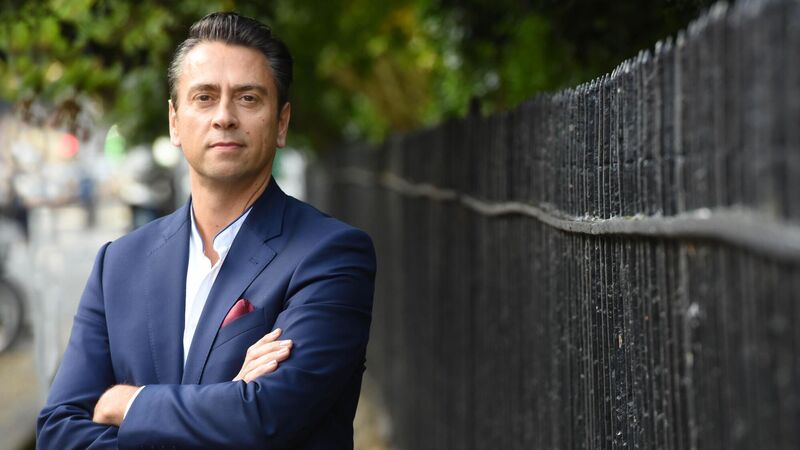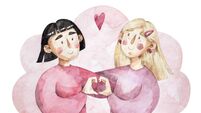Richard Hogan: Play relieves stress, improves brain functioning and boosts creativity

Richard Hogan. Photograph: Moya Nolan
I spent a fair amount of my childhood grounded: Watching the trees in the back garden bend and shift in the breeze; at night, lights of passing cars flashing flecks of white across the ceiling.
I made a game out of those lights, the shadows of those trees terrifying. In those protracted moments of punitive solitude, I leaned on my imagination, building great worlds in my bedroom, reading the lyrics on the back of Beatles albums, playing some sort of tennis hybrid with snooker balls against my wall, getting lost in poetry or some novel, trying to traverse the hall landing without standing on carpet, linen basket, over door, down wall, onto banister and leap to toilet.








